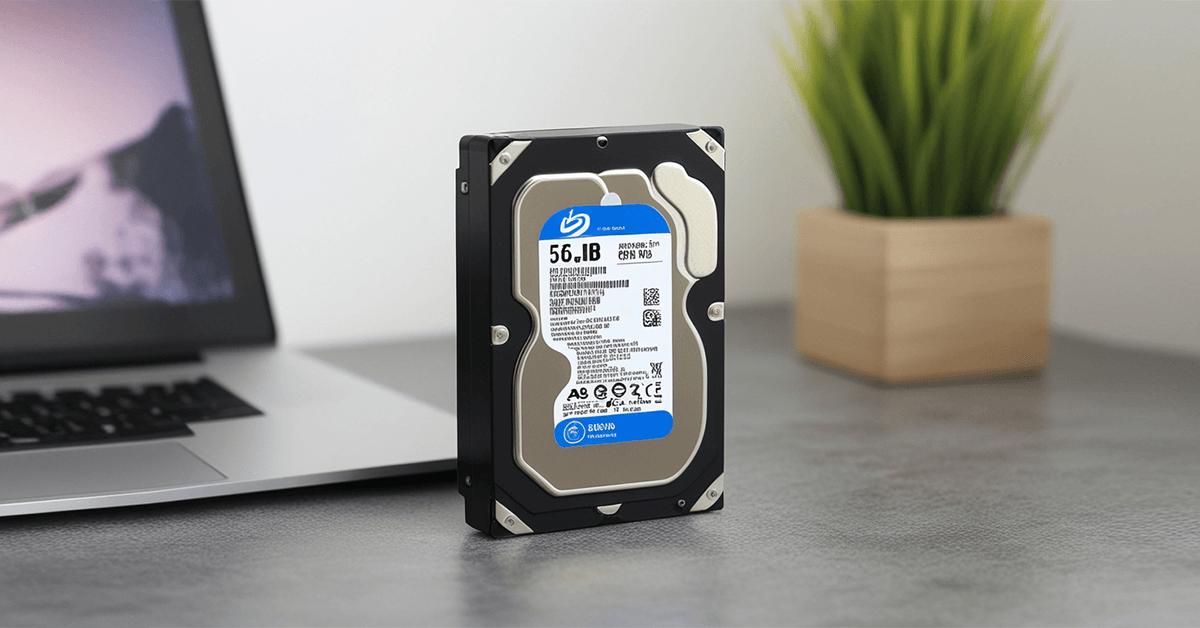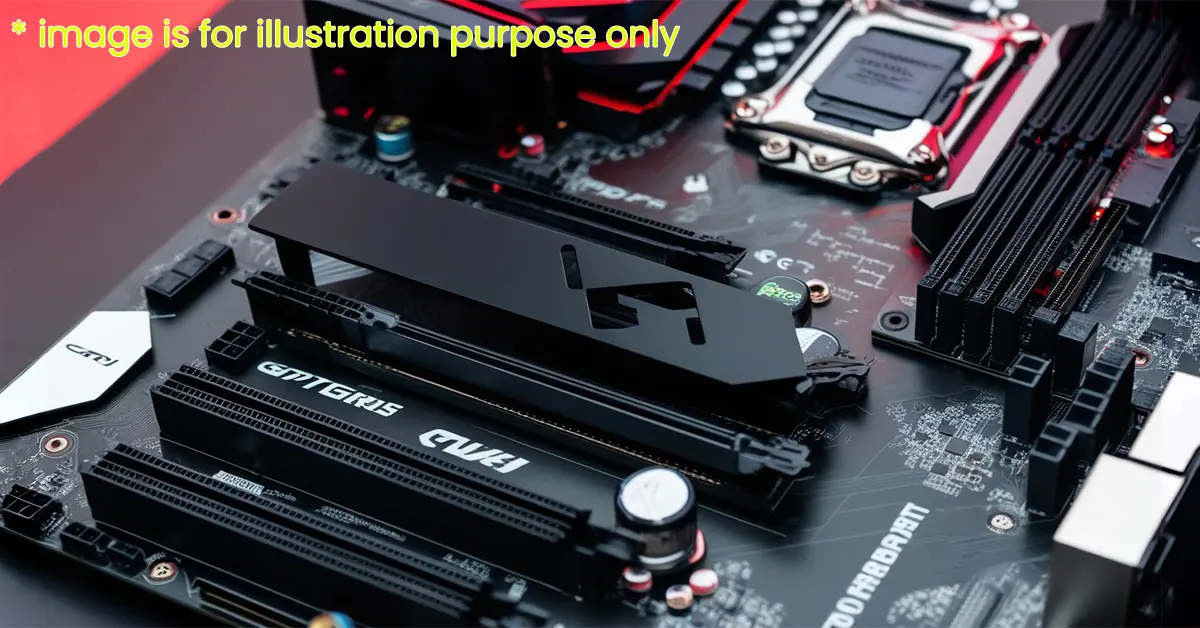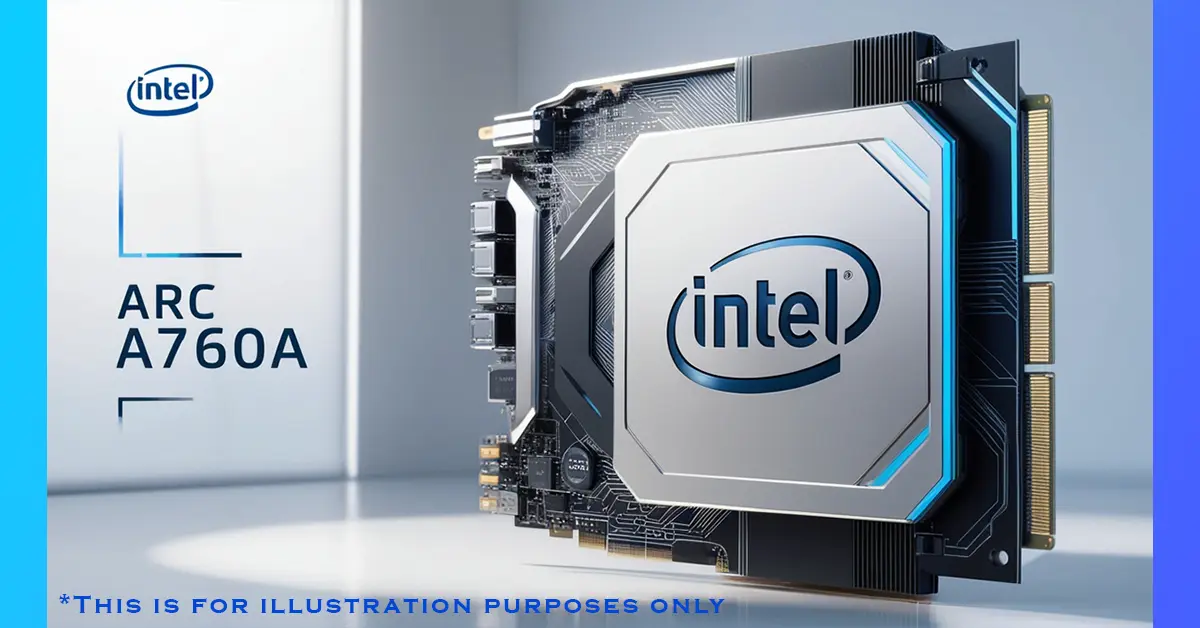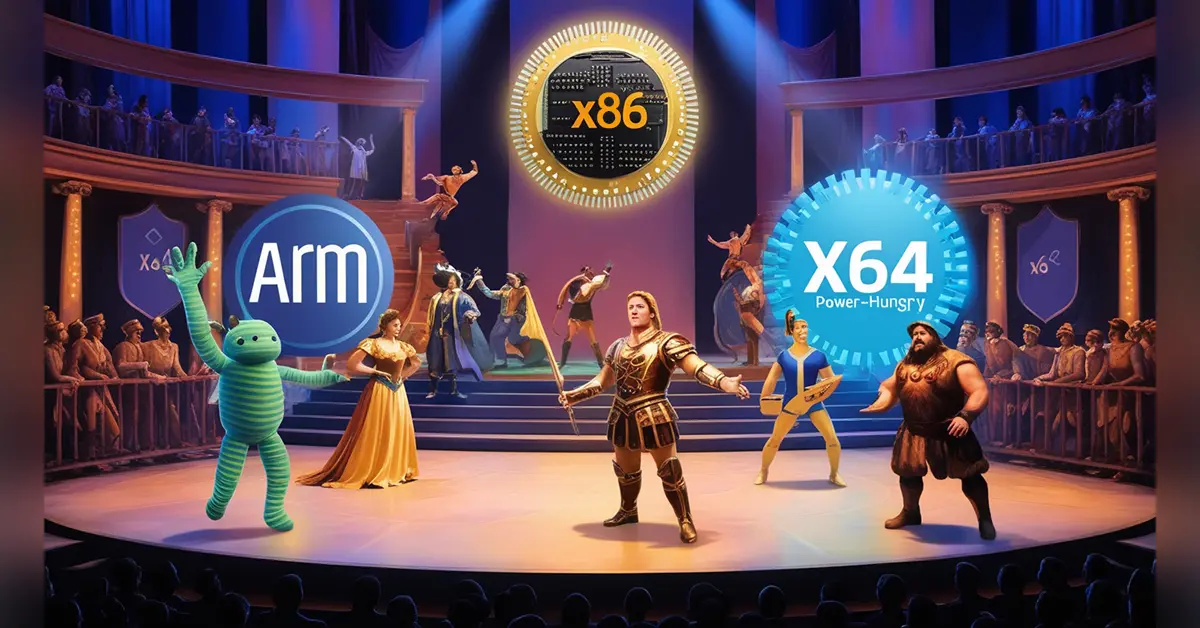Table of Contents
Introduction: The Hard Drive Dilemma
In the ever-evolving world of digital storage, you might be wondering: are hard drives still worth your investment in 2025? The short answer is a resounding yes – but with some crucial caveats. Hard drives continue to play a vital role in our digital ecosystem, offering unique advantages that make them irreplaceable for certain users.
Why Hard Drives Aren’t Dead Yet
Let’s address the elephant in the room. SSDs have been stealing the spotlight, and for good reasons. They’re faster, more reliable, and increasingly affordable. But hard drives aren’t throwing in the towel just yet. They’ve got some tricks up their sleeve that might just surprise you.
The Cost Factor: Budget-Friendly Storage Solutions
One of the most compelling arguments for hard drives in 2025 is their unbeatable price-to-capacity ratio. While SSDs continue to demand premium prices, hard drives offer massive storage at a fraction of the cost. Need to store those family photos, extensive video collections, or massive backup archives? Hard drives are your budget-friendly best friend.
Breaking Down the Numbers
Consider this: a 4TB SSD might set you back $300-$400, while a 4TB hard drive could cost you just $80-$100. That’s a savings of nearly 75% – money you could spend on something far more exciting than storage!
Performance Realities: Understanding the Limitations
Speed vs. Space: The Eternal Trade-Off
Let’s be brutally honest. Hard drives are the slow dancers of the storage world. With read and write speeds significantly lower than SSDs, they’re not winning any performance races. This makes them less ideal for:
- Modern gaming installations
- Operating system drives
- Professional video editing
- High-performance computing tasks
Where Hard Drives Still Shine
Despite their slower speed, hard drives excel in:
- Long-term data archiving
- Personal media storage
- Backup solutions
- Large-scale data repositories
The Reliability Question
Modern hard drives have come a long way. While they’re more mechanically complex than SSDs, manufacturers have significantly improved their reliability. Most reputable brands now offer warranties spanning 3-5 years, giving you peace of mind.
Choosing the Right Storage Strategy in 2025
Hybrid Approach: The Best of Both Worlds
The smartest storage strategy in 2025 isn’t about choosing between hard drives and SSDs – it’s about using them strategically:
- SSD for your operating system and frequently used applications
- Hard drive for mass storage and archival purposes
Pro Tips for Maximum Efficiency
- Use SSDs for boot drives and active work
- Leverage hard drives for media libraries
- Implement cloud backup for critical data
- Consider external hard drives for portable storage solutions
Future-Proofing Your Data Storage
Emerging Technologies and Hard Drive Evolution
Hard drive manufacturers aren’t sitting idle. Innovations like heat-assisted magnetic recording (HAMR) and microwave-assisted magnetic recording (MAMR) promise to dramatically increase storage density and performance.
What This Means for You
- Larger capacities
- Improved reliability
- Potentially faster read/write speeds
- More cost-effective storage solutions
Conclusion: The Hard Drive’s Resilient Legacy
As we navigate the complex landscape of digital storage in 2025, hard drives remain a crucial component of our data ecosystem. They’re not the fastest, they’re not the most glamorous, but they are dependable, affordable, and incredibly practical.
Final Verdict
Hard drives aren’t just surviving – they’re strategically adapting. For budget-conscious users and those with massive storage needs, they remain an indispensable tool.
FAQs
Are hard drives completely obsolete in 2025?
No, hard drives are still highly relevant for specific storage needs, especially for large-capacity, cost-effective solutions.
How long do modern hard drives typically last?
Most modern hard drives last 3-5 years with proper care, though many continue functioning beyond their warranty period.
Can I use a hard drive for gaming in 2025?
While possible, it’s not recommended. Games with large, complex worlds benefit significantly from SSD speeds.
What’s the typical cost difference between SSDs and hard drives?
For the same storage capacity, SSDs are typically 3-4 times more expensive than hard drives.
Are external hard drives still useful?
Absolutely! External hard drives remain excellent for backup, portable storage, and archiving personal media collections.



